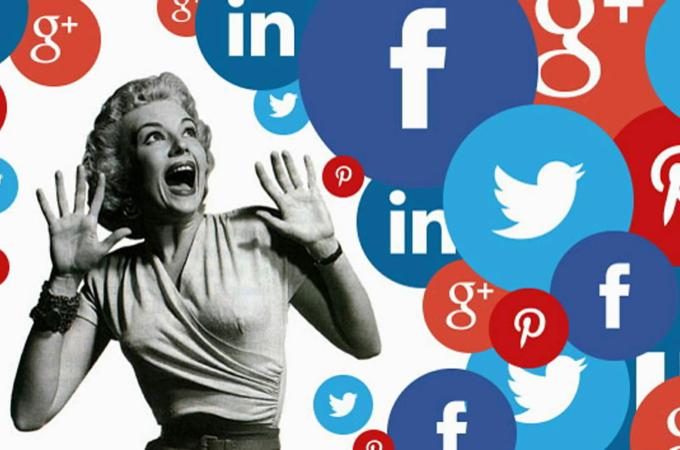Discerning the news
Just when you think things can't get any worse, they do. That's been the story of Donald Trump's relationship with the media for a long time, and we aren't seeing the end of it yet.
I don't wish to add to the hysteria by declaring this situation a crisis. But if it's not that, what is it? It would be absurd to call the clash between Trump and the media an unfortunate misunderstanding, sure to blow over in time. Mutual antipathy runs too deep for that. This faceoff between the president and the press will persist until Trump leaves office--whether that be in January 2021, January 2025, or a few months from now.
So, lacking a better word, let's use a nonpartisan term and just call the situation a mess. Surely everyone can agree on that. The question before us is how the media should be covering this mess--of which, be it noted, the media are part--and how we the readers and viewers should evaluate the results.
Here I find some help in a disturbing piece by Mark Hemingway in the neoconservative Weekly Standard. Its provocative title: "Wow If True." That's shorthand for the semi-fake news items--short on facts, long on opinions and unnamed sources--that are standard fare these days for some popular bloggers with a fondness for conspiracy theories: Wow if true!
And not only those bloggers. Hemingway doesn't mention it, but even mainstream media like the Times and the Post have sometimes allowed dislike of the president to get the better of them and made their news sections day-in day-out forums for Trump-bashing.
Hemingway sums up:
"The media, however contemptible they can be, remain a vital American institution. And the Trump presidency has Washington journalists in disarray in ways that are deeply worrisome for those who think news should be grounded in reality, and reporting skeptical and rigorous."
There is a message here, I submit, for the Church.
Lately the Vatican and the U.S. bishops' conference have both adopted reorganization plans for their communication-related entities placing increased emphasis on the use of digital media and social media to serve the Church's purposes in communicating. The plans reflect sound thinking about using media, but they leave out something else of great importance.
In the context of current American politics, it can be stated like this: What should the Church be doing to help people meet the increasingly difficult challenge facing them as citizens to acquire and evaluate facts in the face of the firestorm of venomous controversy and confusion engulfing the American presidency and the press?
Some years back, the Pontifical Council for Social Communications (reorganized out of existence in the Vatican's new plan) addressed large questions about media in a series of important but little noted statements. In Ethics in Communication, published in 2000, it said media professionals who try to meet their responsibilities deserve audiences that are doing the same. Then it said:
"The first duty of recipients of social communication is to be discerning and selective. They should inform themselves about media--their structures, mode of operation, contents--and make responsible choices, according to ethically sound criteria, about what to read or watch or listen to.
"Today everybody needs some form of continuing media education, whether by personal study or participation in an organized program or both....Through her schools and formation programs the Church should provide media education of this kind."
Frankly, I don't see a whole lot of that happening. If ever it was needed, it's now.
- Russell Shaw is the author of more than twenty books. He is a consultor of the Pontifical Council for Social Communications and served as communications director for the U.S. Bishops.



















